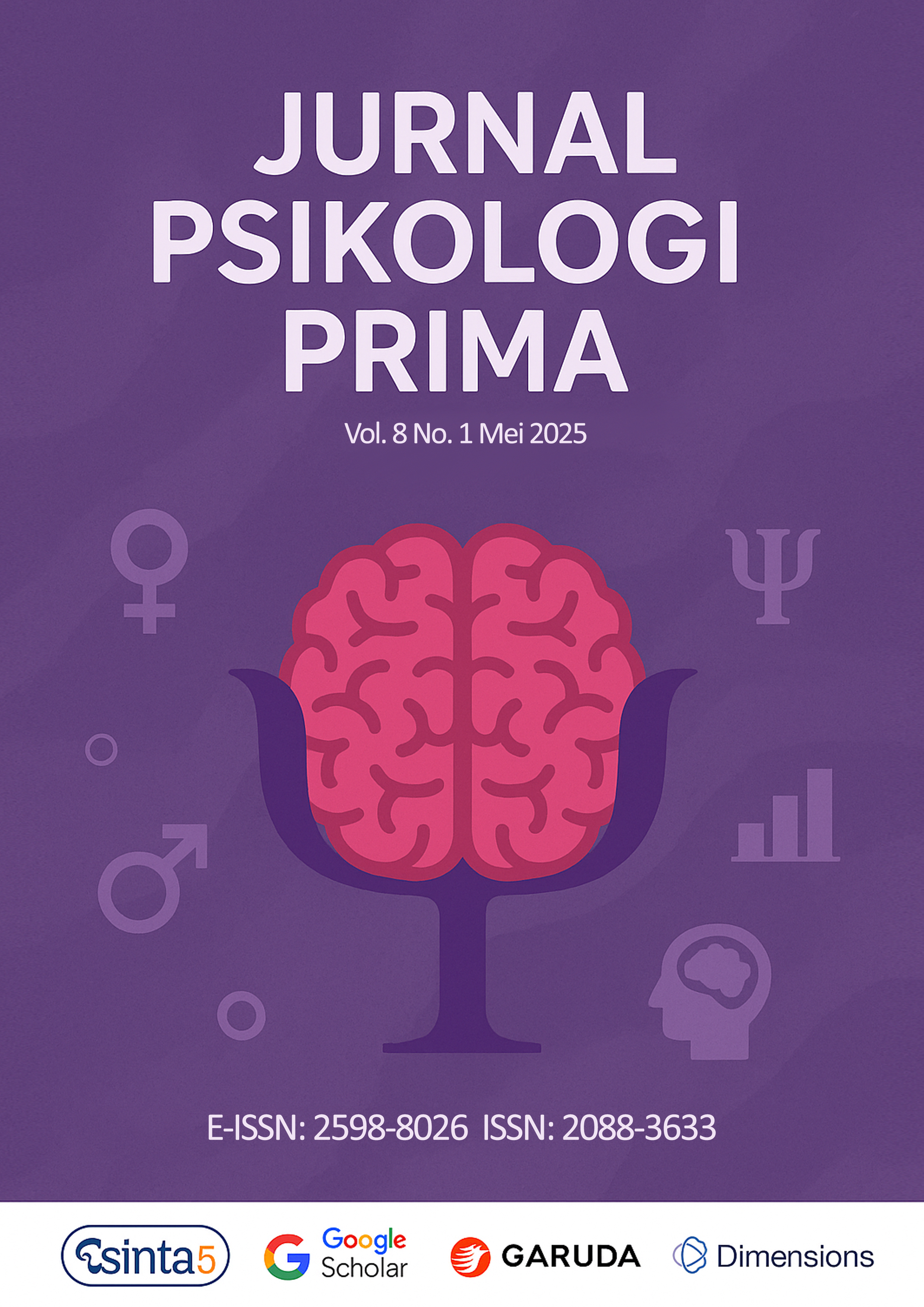Peer Social Support and Self-Acceptance Among Adolescents in the Korean Roleplayer Group M
##plugins.themes.academic_pro.article.main##
Abstract
An individual who achieves self-acceptance will approach any situation they encounter with objectivity, which facilitates a positive life. Peer social support is one of the components influencing self-acceptance. Korean roleplaying adolescents in Group M feel less accepted in real life, suggesting that their concept of self-acceptance is not fully developed and that there is a deficiency in peer social support in real life. The aim of this study is to examine the influence and contribution of social support on self-acceptance. Data were collected using a quantitative approach with random sampling. The study sample comprised senior Korean roleplayers in Group M, totaling 43 subjects. The results indicate that peer social support significantly affects self-acceptance among Korean roleplayers in Group M (Sig = 0.012; sig < 0.05). Peer social support accounts for 14.4% of the variance in self-acceptance among these roleplayers (R Square = 0.144). The implications of these findings suggest that roleplayers should enhance their real-life peer relationships to better experience peer social support, thereby aiding their self-acceptance process. Future research is recommended to explore other variables such as family social support and self-concept.

